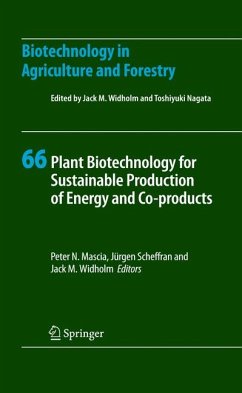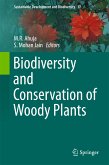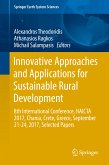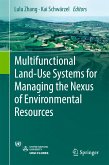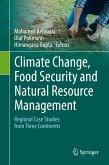Dieser Download kann aus rechtlichen Gründen nur mit Rechnungsadresse in A, B, BG, CY, CZ, D, DK, EW, E, FIN, F, GR, HR, H, IRL, I, LT, L, LR, M, NL, PL, P, R, S, SLO, SK ausgeliefert werden.
"Conversion of biomass to ethanol, diesel substitutes, and other biofuels is the only option for significantly reducing dependence on petroleum for the liquid fuels that are essential to air travel, heavy-duty trucking, and long-distance travel. Here, the editors have compiled expert contributions and perspectives on a wide range of topics. ... The contributors are invariably realistic and sober about the challenges and achievements possible. ... Summing Up: Recommended. Students of all levels, researchers/faculty, and professionals/practitioners." (W. Loescher, Choice, Vol. 48 (8), April, 2011)

